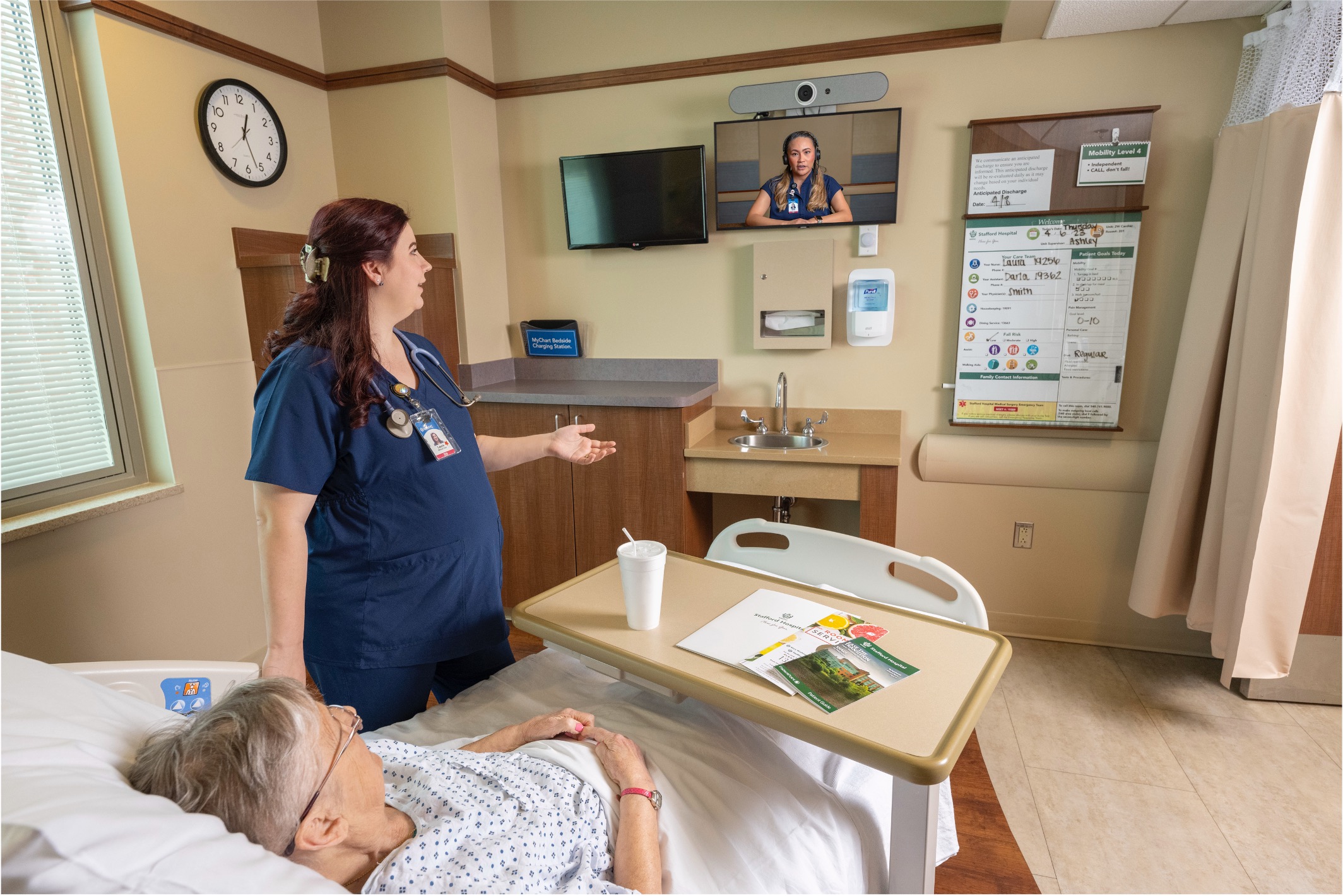The Alabama Board of Nursing plays a crucial role in regulating the nursing profession across the state, ensuring that licensed nurses uphold the highest standards of care. Among its responsibilities, the Board oversees cases involving the Voluntary Disciplinary Alternative Program (VDAP), a program designed to help nurses address issues related to substance abuse, mental health, or other personal challenges without immediately resorting to punitive measures. Understanding how the Board handles VDAP cases is essential for nurses, legal professionals, and healthcare facilities alike.
What is the VDAP Program?
The Voluntary Disciplinary Alternative Program (VDAP) is an initiative that allows nurses in Alabama to voluntarily enter a structured rehabilitation program when facing personal or professional issues that could impact their ability to practice safely. The program focuses on recovery and monitoring, rather than immediate disciplinary action.
Purpose of VDAP
The VDAP program aims to:
- Promote public safety by ensuring impaired nurses receive treatment.
- Offer a confidential pathway for nurses to seek help.
- Provide structured monitoring to prevent future incidents.
The Alabama Board of Nursing uses VDAP as a proactive approach to support nurses while maintaining strict professional standards.
How the Alabama Board of Nursing Handles VDAP Cases
When a nurse is identified as needing intervention, the Alabama Board of Nursing initiates a careful and methodical process to determine eligibility and ensure compliance with state regulations.
Initial Assessment
The first step in any VDAP case involves an assessment by the Board. This assessment evaluates:
- The nature and severity of the impairment.
- The risk posed to patients.
- The nurse’s willingness to participate in a rehabilitative program.
The Board may require documentation from healthcare providers, treatment facilities, or counseling professionals to make an informed decision.
Voluntary Participation
Participation in VDAP is strictly voluntary, but it is strongly encouraged for nurses seeking to avoid formal disciplinary actions. Nurses who voluntarily enter VDAP demonstrate accountability and a commitment to rehabilitation, which can positively influence the Board’s decisions.
Structured Monitoring and Reporting
Once a nurse enters the VDAP program, the Alabama Board of Nursing establishes a structured plan that includes:
- Regular drug and alcohol testing (if applicable).
- Counseling and therapy sessions.
- Periodic progress reports submitted to the Board.
Monitoring ensures that the nurse is adhering to treatment plans while gradually reintegrating into professional practice.
Legal Implications of VDAP Cases
While VDAP provides a supportive framework, there are significant legal considerations that nurses must understand.
Protection from Formal Disciplinary Action
Participation in VDAP can prevent formal disciplinary actions such as license suspension or revocation, provided the nurse complies with all program requirements. The Alabama Board of Nursing evaluates adherence closely, and failure to comply can result in immediate escalation to disciplinary measures.
Confidentiality and Record Keeping
VDAP cases are generally confidential, but the Board maintains detailed records of participation and compliance. Legal counsel can help nurses understand the scope of confidentiality and any circumstances under which records may be disclosed.
Legal Representation
Engaging a knowledgeable attorney, such as the experts at Kreps Law Firm, can help nurses navigate VDAP requirements, negotiate terms, and ensure that their rights are protected throughout the process. Legal guidance is particularly important when complex issues arise or if a nurse is at risk of disciplinary action despite VDAP participation.
Common Challenges in VDAP Cases
Even with a supportive program like VDAP, nurses may encounter challenges during the process. Understanding these challenges is essential to successfully completing the program.
Compliance Challenges
Strict adherence to monitoring and treatment plans is mandatory. Missed appointments, failed drug tests, or incomplete reports can jeopardize a nurse’s participation and trigger formal disciplinary measures.
Emotional and Professional Stress
Being part of a VDAP case can create emotional strain and professional uncertainty. Nurses may fear stigma, potential job loss, or long-term impacts on their career. Support from legal counsel and mental health professionals is vital to managing these stresses.
Reintegration into Practice
After completing VDAP, nurses may face challenges in returning to their normal work routines. The Alabama Board of Nursing often provides guidelines and probationary conditions to ensure a smooth and safe reintegration.
How Kreps Law Firm Supports Nurses in VDAP Cases
Navigating a VDAP case can be overwhelming, but experienced legal professionals can provide essential guidance. Kreps Law Firm specializes in representing nurses before the Alabama Board of Nursing, offering:
- Comprehensive evaluation of the case and potential outcomes.
- Guidance through program enrollment and compliance requirements.
- Representation in negotiations with the Board.
- Strategies to protect licenses and professional reputations.
By partnering with Kreps Law Firm, nurses can approach VDAP cases with confidence, knowing that their legal and professional interests are protected.
Conclusion
The Alabama Board of Nursing handles VDAP cases with a balance of accountability and support, aiming to protect the public while assisting nurses in overcoming personal and professional challenges. VDAP provides a valuable opportunity for voluntary rehabilitation, structured monitoring, and eventual reintegration into the nursing profession.
For nurses facing VDAP cases, understanding the Board’s procedures and seeking expert legal guidance is critical. Kreps Law Firm offers experienced representation and compassionate support, ensuring that nurses can successfully navigate the process while safeguarding their careers. Taking proactive steps and adhering to program requirements can lead to positive outcomes and long-term professional stability.
The key takeaway: VDAP is not just a disciplinary tool—it’s a path to recovery and professional preservation, guided by the Alabama Board of Nursing and supported by skilled legal counsel.



